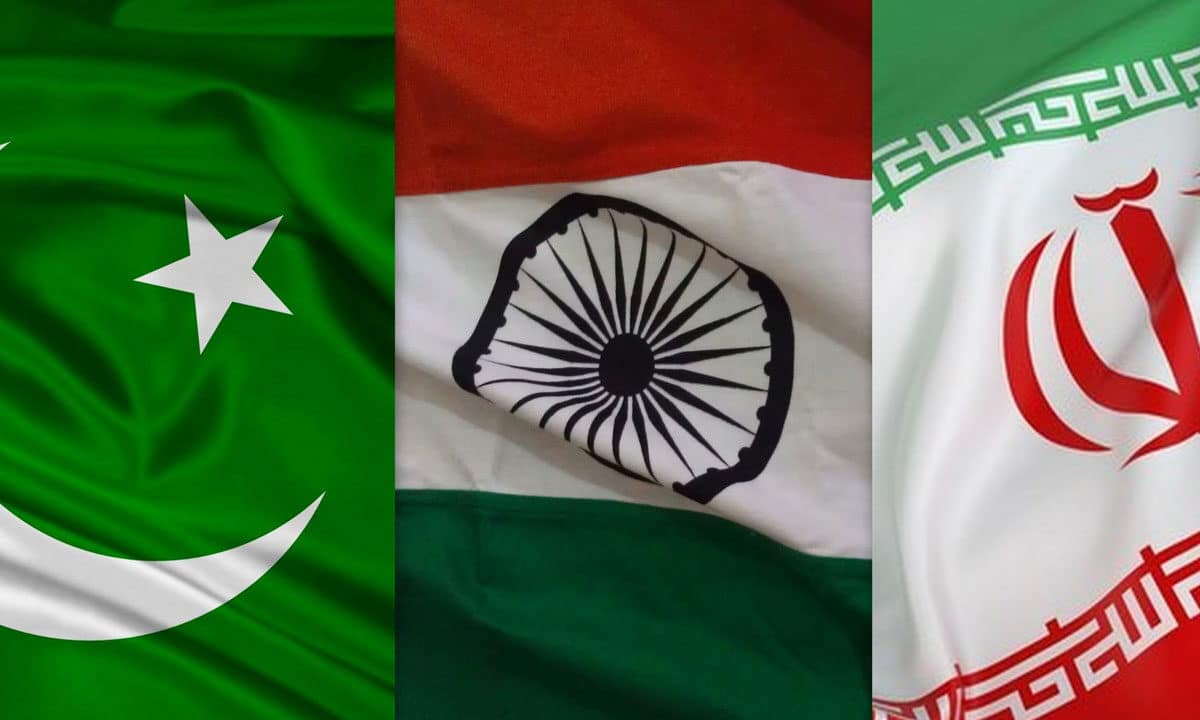Iran Offers Mediation as India-Pakistan Tensions Escalate After Pahalgam Terror Attack
In the wake of the deadly terror attack in Jammu and Kashmir’s Pahalgam that claimed 26 lives, Iran on Friday extended an offer to mediate between India and Pakistan as diplomatic and military tensions rise sharply between the two nations.

New Delhi/Tehran: In the wake of the deadly terror attack in Jammu and Kashmir’s Pahalgam that claimed 26 lives, Iran on Friday extended an offer to mediate between India and Pakistan as diplomatic and military tensions rise sharply between the two nations.
Table of Contents
Iran Urges Dialogue Between ‘Brotherly Neighbours’
Iran’s Foreign Minister Seyed Abbas Araghchi expressed deep concern over the escalating conflict and described India and Pakistan as “brotherly neighbours” with deep-rooted civilizational ties. Offering Tehran’s assistance in promoting peace, Araghchi tweeted:
“India and Pakistan are brotherly neighbours of Iran, enjoying relations rooted in centuries-old cultural and civilisational ties… Tehran stands ready to use its good offices in Islamabad and New Delhi to forge greater understanding at this difficult time.”
The minister also quoted Persian poet Saadi, emphasizing human solidarity, compassion, and unity in challenging times.
Terror Attack Deepens Divide
Tensions between India and Pakistan surged following the Pahalgam attack, in which 26 individuals, mostly tourists, were killed. The assault was attributed to The Resistance Front (TRF), widely believed to be a front for the Pakistan-based Lashkar-e-Taiba (LeT), prompting India to take a series of strong retaliatory measures.
India Responds with Diplomatic and Economic Actions
The Indian government has:
- Suspended the Indus Water Treaty, a crucial bilateral agreement.
- Closed the international border and halted activities at the Attari Integrated Check Post.
- Reduced diplomatic staff in Pakistani missions.
- Suspended all visas for Pakistani nationals, including those under the SAARC visa scheme.
Pakistan Hits Back with Counter-Measures
Denying any involvement in the attack, Pakistan responded with its own set of escalatory measures:
- Shut down the Wagah border for civilian and trade movement.
- Suspended all SAARC visas for Indians.
- Closed its airspace to Indian airlines.
- Announced the suspension of the Simla Accord.
- Warned that any diversion of water under the Indus Treaty would be considered an “act of war.”
Diplomatic Strains and Border Concerns
In a separate development, a BSF soldier was taken into custody by Pakistan Rangers after accidentally crossing the border in Punjab’s Ferozepur. Efforts are underway to secure his release through diplomatic channels.
UN Appeals for Restraint
UN Secretary-General Antonio Guterres said his office is “following the situation very closely with great concern” and appealed to both India and Pakistan to exercise maximum restraint and avoid further escalation.
As tensions continue to build, Iran’s mediation offer and the UN’s call for peace come at a crucial time, with both nations facing pressure to de-escalate and return to dialogue.
